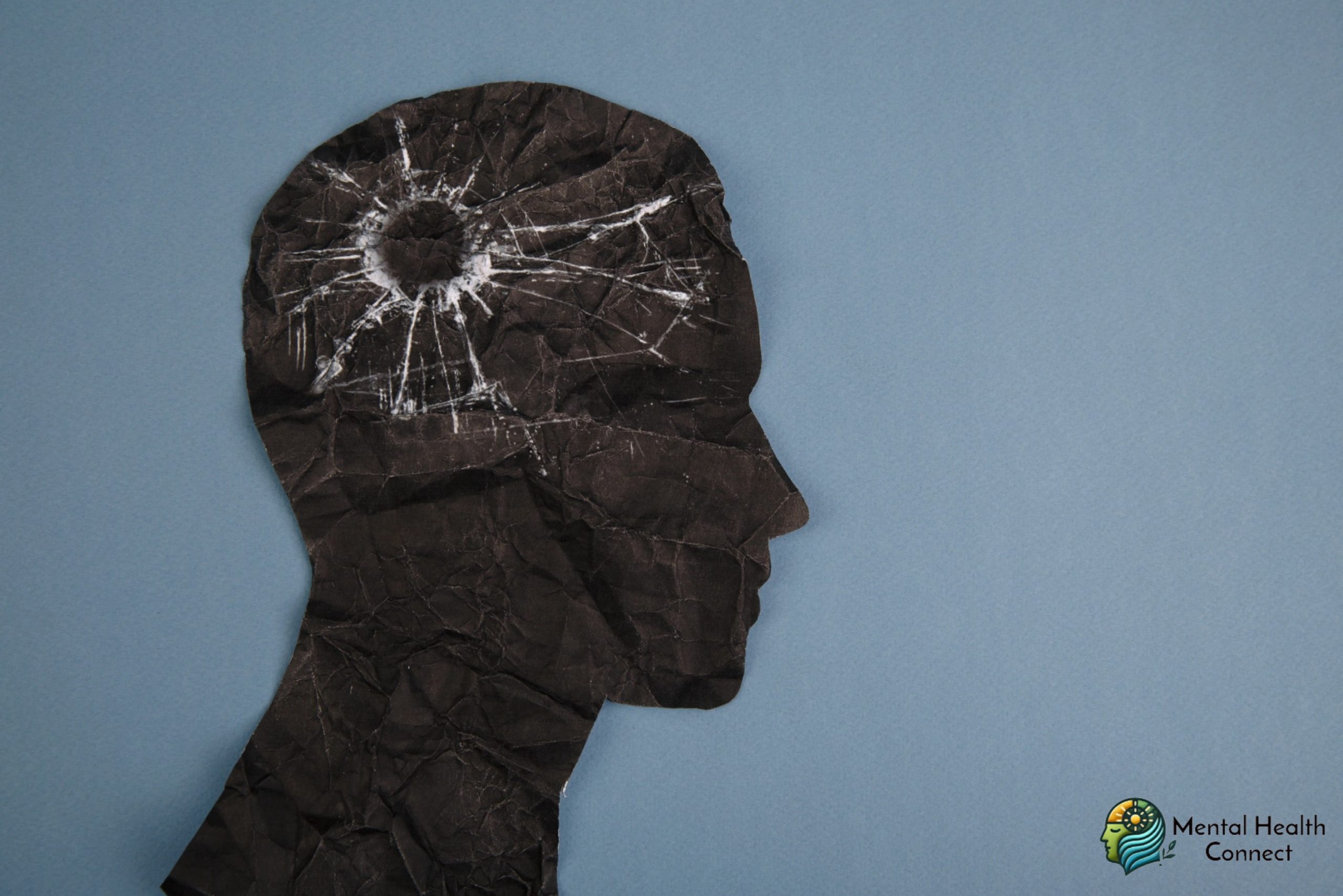Does Schizophrenia Progress with Age?

Schizophrenia, a complex brain disorder affecting approximately 1% of the global population, has long been surrounded by misconceptions and uncertainties. Among the most pressing questions for those affected by this condition is whether schizophrenia inevitably worsens with age. The answer, like many aspects of mental health, isn’t straightforward but offers important insights for patients, families, and healthcare providers.
Understanding the Natural Course of Schizophrenia
Schizophrenia typically emerges in late adolescence or early adulthood, with symptoms including hallucinations, delusions, disorganized thinking, and changes in behavior and emotional expression. Historically, there was a pessimistic view that the condition followed a deteriorating course. However, contemporary research paints a more nuanced picture.
The progression of schizophrenia varies significantly between individuals. While some experience worsening symptoms over time, others maintain stability, and a substantial number actually improve as they age. This heterogeneity makes generalizations difficult but also offers hope that decline is not inevitable.
The Early Years: When Progression Is Most Likely
Research suggests that the most significant changes in brain structure and function tend to occur in the early phases of schizophrenia, particularly in the first 5-10 years after diagnosis. This period, sometimes called the “critical period,” often sees the most dramatic symptomatic changes and potential functional decline.
During these early years, untreated psychosis appears particularly damaging. Studies indicate that longer durations of untreated psychosis correlate with poorer outcomes, highlighting the importance of early intervention. This understanding has driven the development of specialized early intervention services worldwide.
Mid-life and Beyond: Do Symptoms Worsen with Age?
Contrary to earlier beliefs, many people with schizophrenia experience a plateau or even improvement in positive symptoms (hallucinations and delusions) as they enter middle age and beyond. A significant percentage of patients report decreased intensity or frequency of psychotic symptoms in their 40s and 50s.
This pattern has been observed in multiple longitudinal studies following patients over decades. The mechanisms behind this potential improvement remain incompletely understood but may involve:
- Natural brain maturation processes
- Adaptation to symptoms over time
- Cumulative benefits of ongoing treatment
- Development of personal coping strategies
- Changes in neurochemistry with aging
Cognitive Impacts Over Time
While positive symptoms may improve, cognitive symptoms present a different trajectory. Some research suggests that cognitive challenges, such as difficulties with memory, attention, and executive function, may persist or gradually worsen over time in some individuals.
However, this isn’t universal. Patients who maintain medication adherence, engage in cognitive remediation therapies, and lead cognitively stimulating lives may preserve or even improve their cognitive functioning over time.
Factors Influencing Long-term Outcomes
Several factors appear to influence whether schizophrenia progresses with age:
- Treatment adherence: Consistent medication use is strongly associated with better long-term outcomes and reduced hospitalization rates.
- Social support: Strong family connections and social networks correlate with improved functioning and quality of life.
- Substance use: Co-occurring substance use disorders typically worsen outcomes and accelerate functional decline.
- Physical health: People with schizophrenia often experience poorer physical health, which can impact brain health and disease progression.
- Early intervention: Prompt treatment following initial psychosis appears to improve long-term trajectories.
- Stress management: Chronic stress can exacerbate symptoms, while effective stress management may help maintain stability.
Modern Treatment Approaches and Their Impact
Contemporary approaches to schizophrenia treatment focus on comprehensive care rather than merely controlling symptoms. This includes:
- Newer-generation antipsychotic medications with improved side effect profiles
- Cognitive-behavioral therapy for psychosis (CBTp)
- Family psychoeducation and support
- Supported employment and education programs
- Cognitive remediation therapies
- Peer support services
Evidence suggests these integrated approaches improve long-term outcomes and may alter the course of illness, potentially preventing progression that might otherwise occur.
Recovery Is Possible
Perhaps the most important development in our understanding of schizophrenia’s progression is the recognition that recovery is possible. While definitions of recovery vary, substantial evidence indicates that many people with schizophrenia can achieve meaningful improvements in symptoms and functioning over time.
Longitudinal studies show that between 20-65% of people with schizophrenia (depending on how recovery is defined) experience significant recovery over their lifetime. Far from the inevitably deteriorating course once assumed, these findings highlight the potential for stability and improvement.
The progression of schizophrenia with age is neither universal nor predetermined. While some individuals experience worsening symptoms over time, many stabilize, and others improve significantly, particularly with appropriate treatment and support.
For those living with schizophrenia and their families, this understanding offers hope and emphasizes the importance of comprehensive, persistent treatment approaches. Early intervention, consistent care, and attention to both psychiatric and physical health needs can significantly influence the course of the illness.
As research continues to refine our understanding of schizophrenia’s biological underpinnings and effective treatments evolve, we may further improve long-term outcomes for those affected by this challenging but increasingly manageable condition.
-
 How to Support Someone with OCDApril 17, 2025
How to Support Someone with OCDApril 17, 2025 -


Leave a Reply